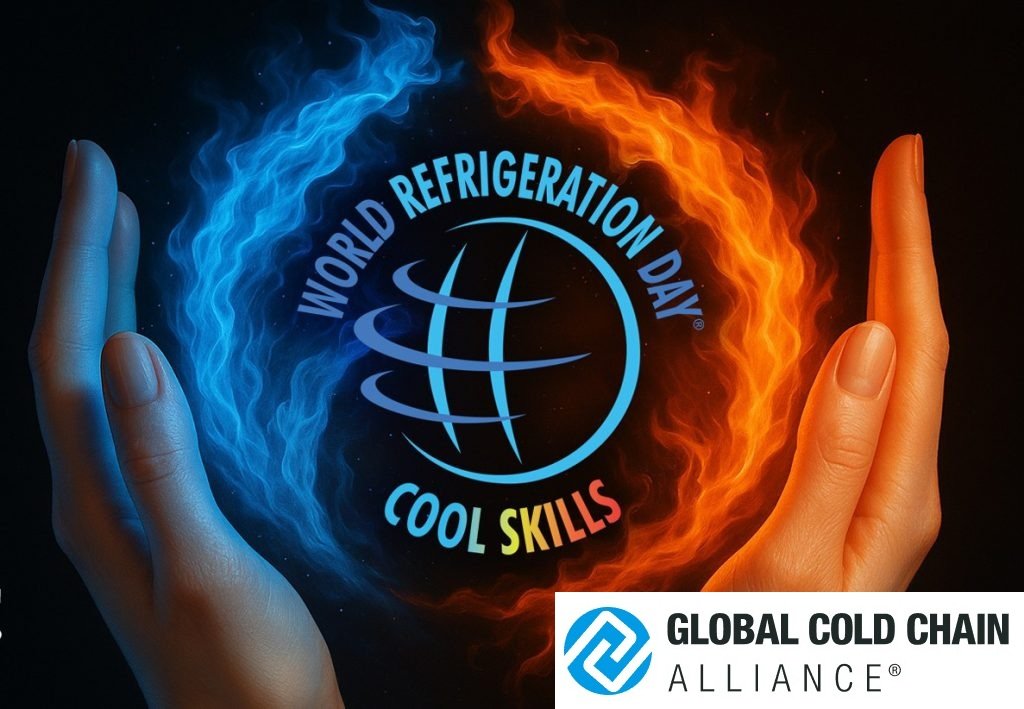GCCA Highlights Workforce Training Initiatives on World Refrigeration Day
The Global Cold Chain Alliance (GCCA) is marking World Refrigeration Day 2025 by emphasizing the evolving skill requirements for the temperature-controlled supply chain. The organization points to technological advancements and shifting global demands as key drivers for new competencies in the cold chain sector.
World Refrigeration Day, observed annually on 26 June, celebrates the role of refrigeration in modern life. This year’s theme, "Cool Skills," focuses on the broad range of technical and professional expertise within the temperature-controlled industry. GCCA, an official ally of the initiative, supports this theme by showcasing its workforce development programs.
GCCA operates two main educational programs to prepare professionals in the field: the Cold Chain Institute and the CEBA Professional Certificate. The Cold Chain Institute, offered by the Global Cold Chain Foundation, is a multi-year training program available in the United States, Latin America, Brazil, Australia, and Europe. The CEBA Professional Certificate, administered by the Controlled Environment Building Association (CEBA), offers training on subjects including refrigeration for building and construction professionals in the industry.
GCCA President & CEO Sara Stickler stated: “Around the world, the cold chain offers stable careers for today and for the future. The industry continues to grow sustainably and roles range across engineering, operations, compliance, sustainability, logistics, and many other specialties. Temperature-controlled logistics is a varied and fulfilling career choice for people who are solutions-focused and embrace innovation.”
She added: “Over the coming decades we can expect global food supply chain resilience to become increasingly dependent on temperature-controlled logistics, particularly as populations face disruptions as a result of geopolitical uncertainties, fast changing populations, and changing weather patterns. Skill areas such as data analysis, automation management, energy efficiency and the development and operation of AI-driven systems will be increasingly important to the cold chain of the future.”
